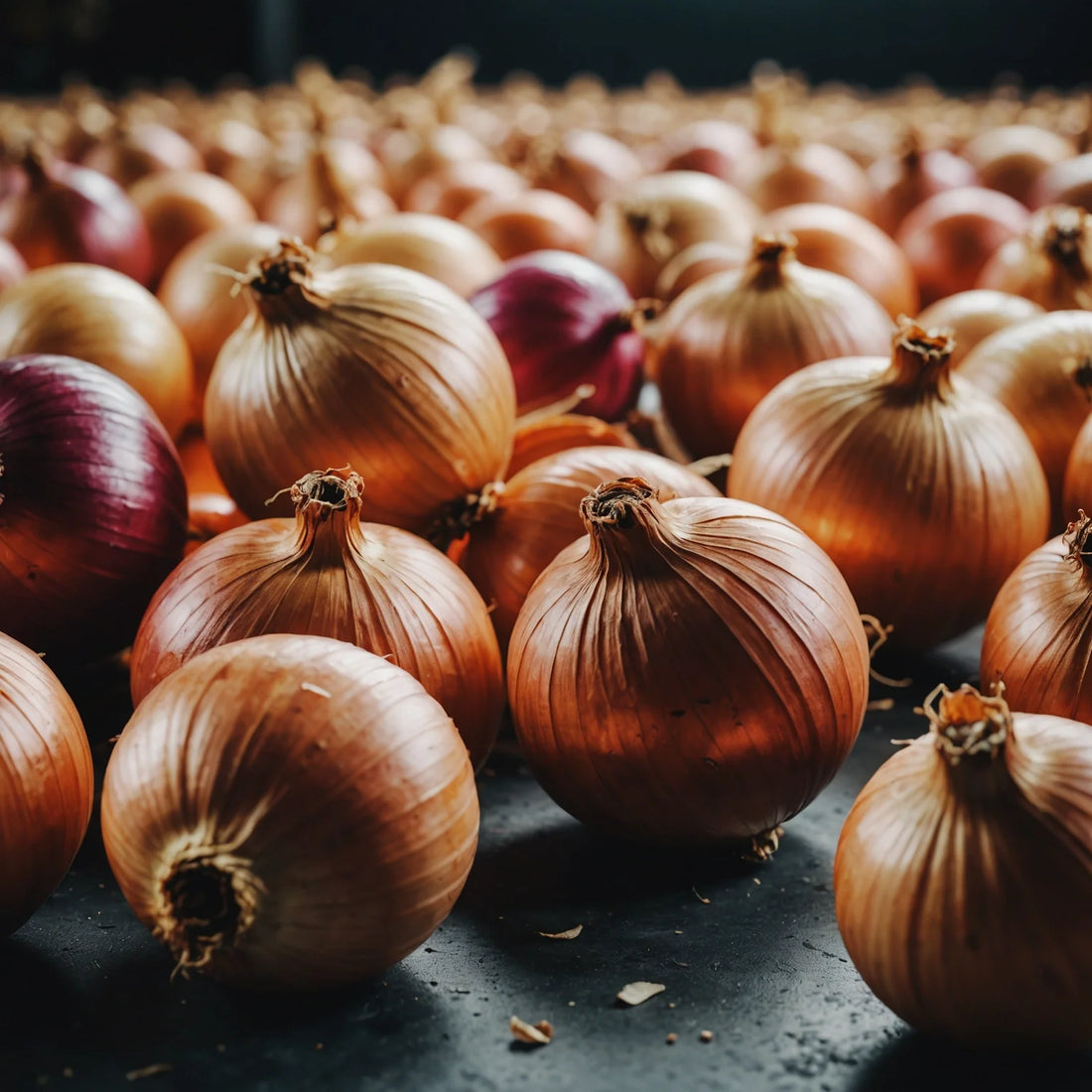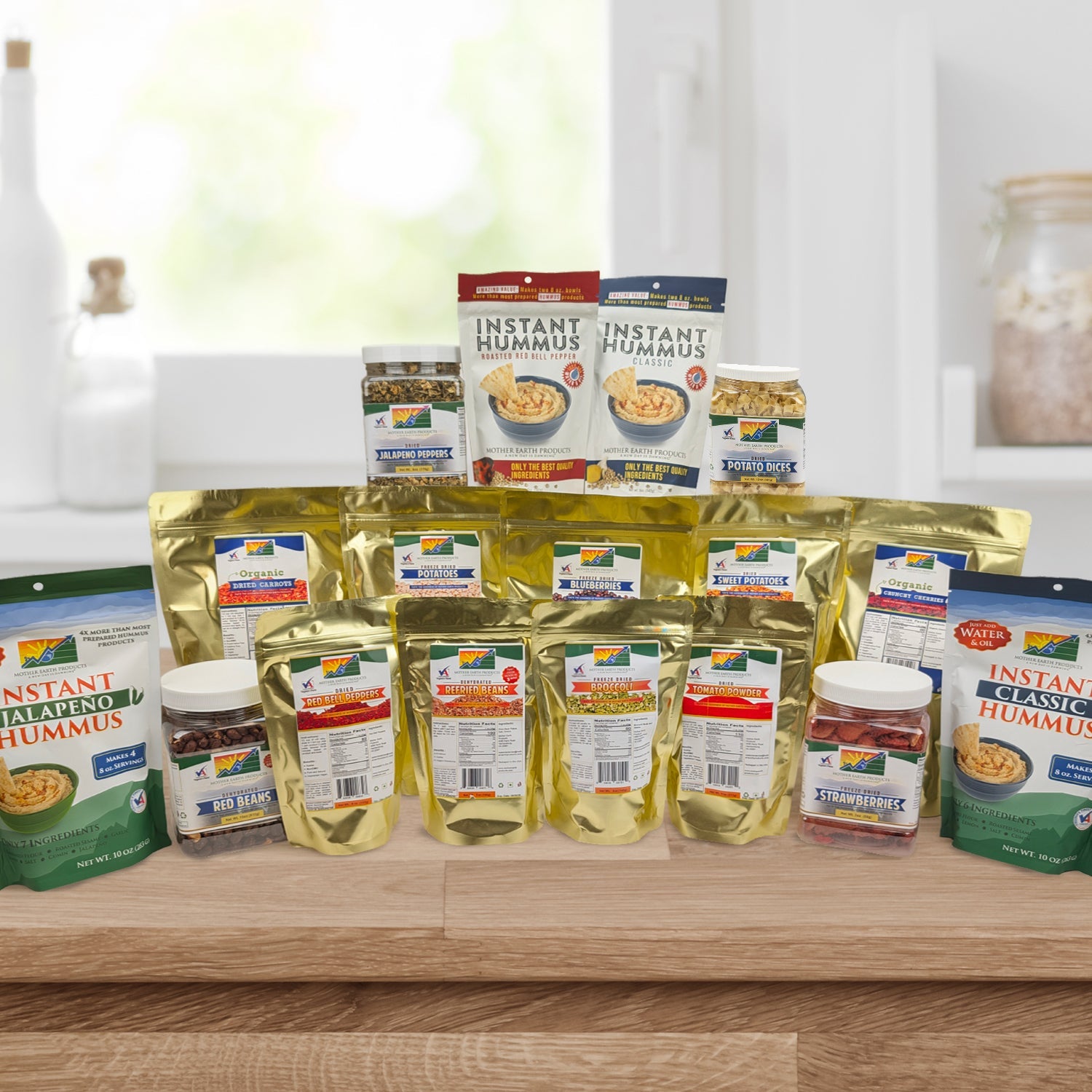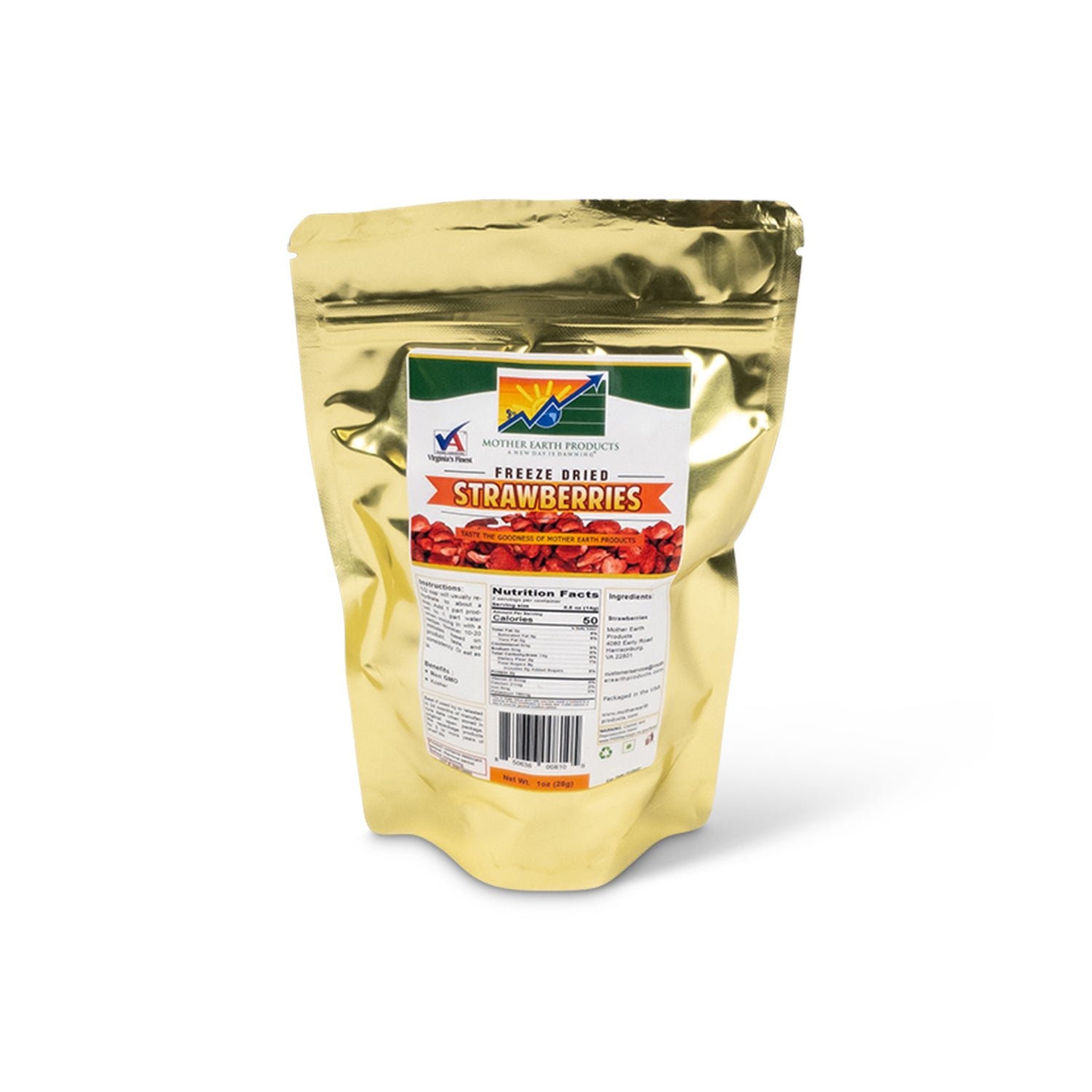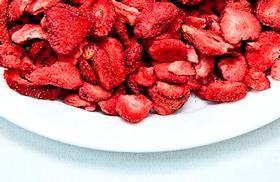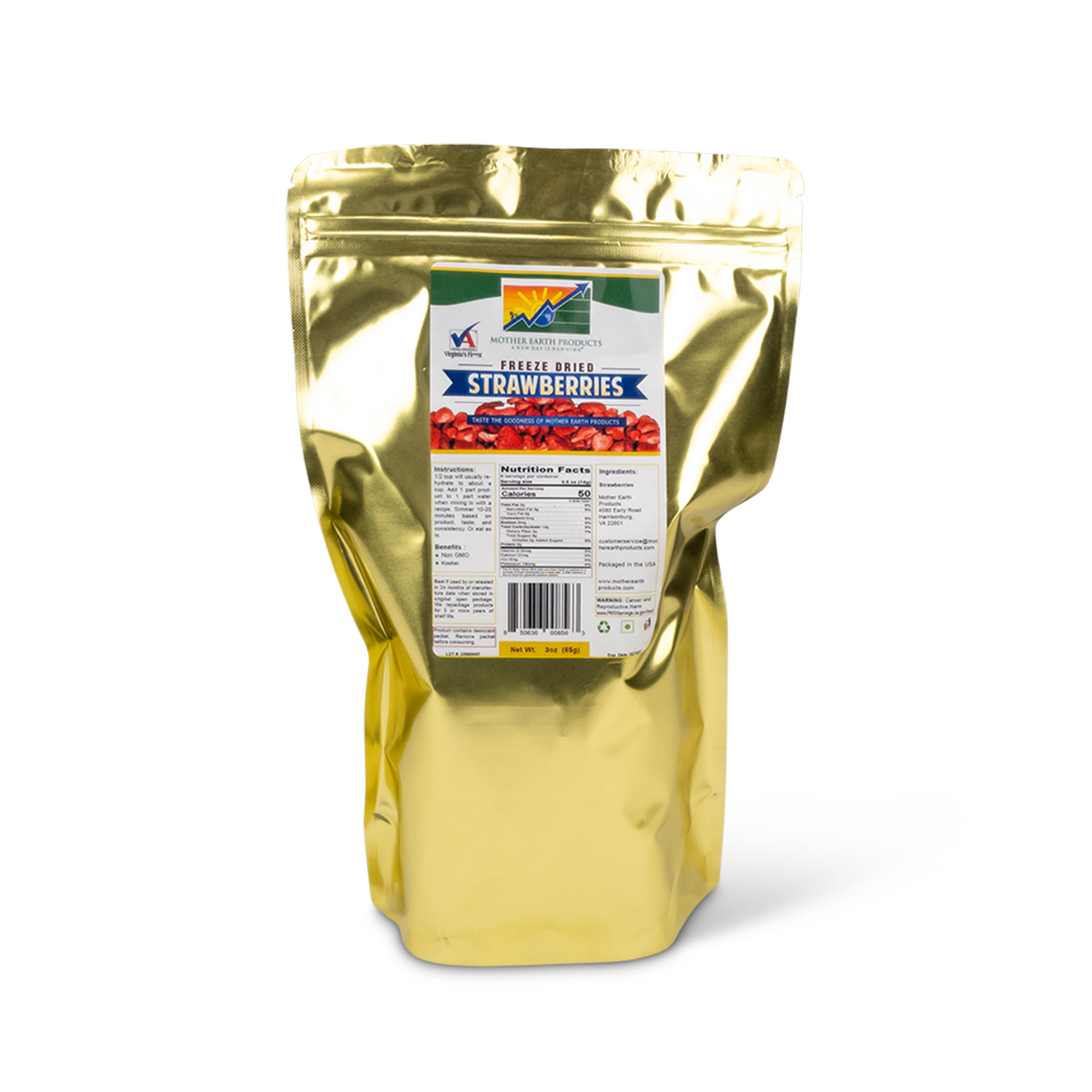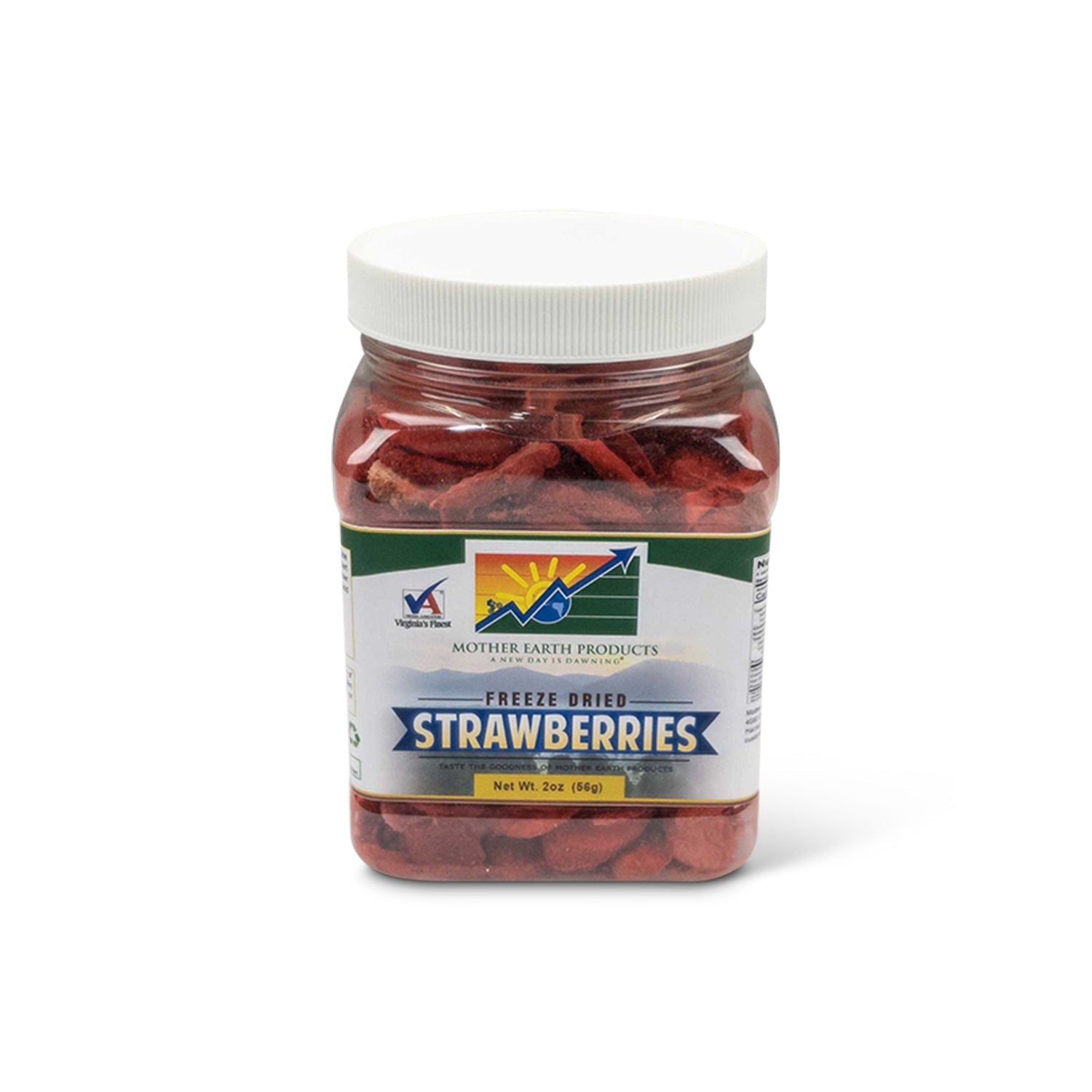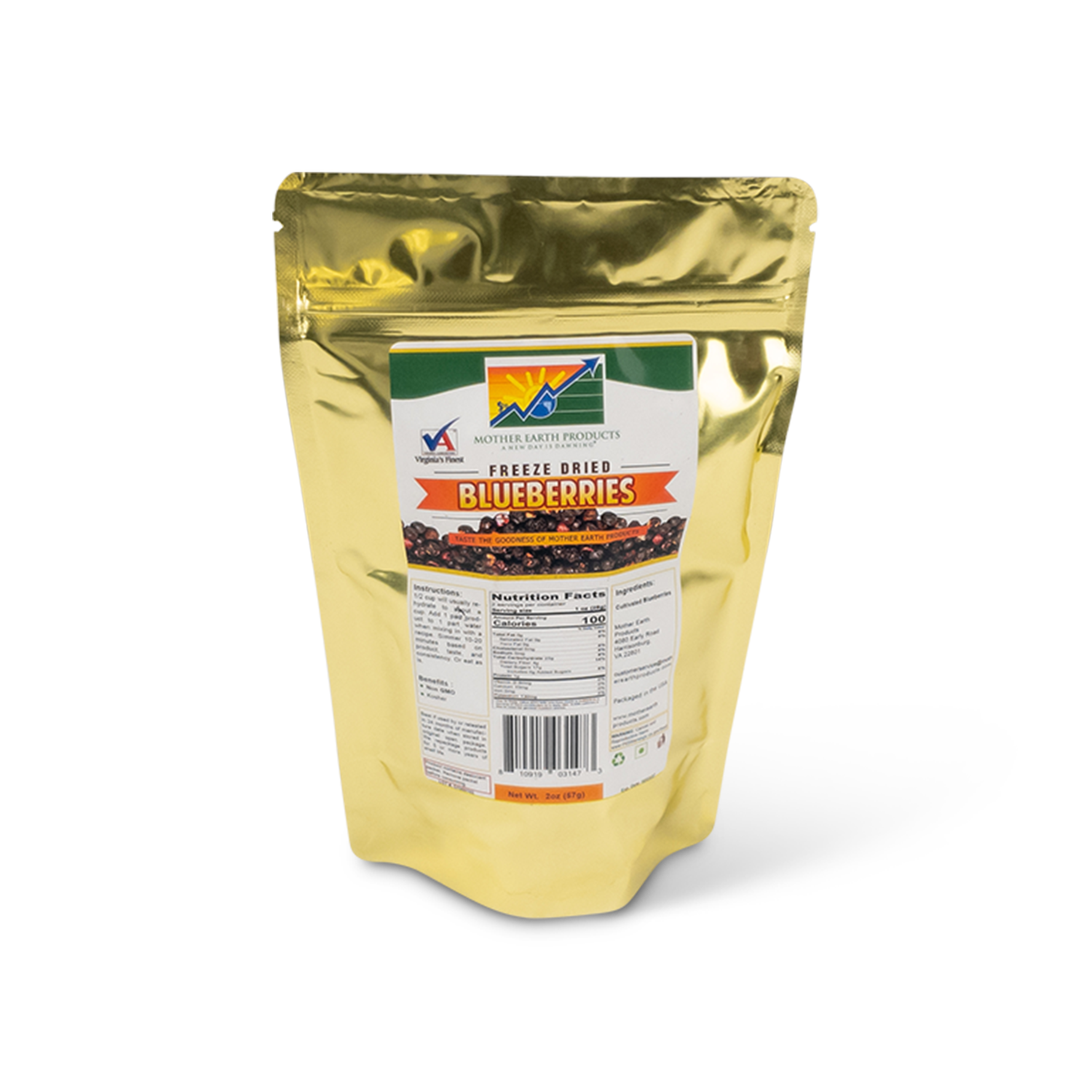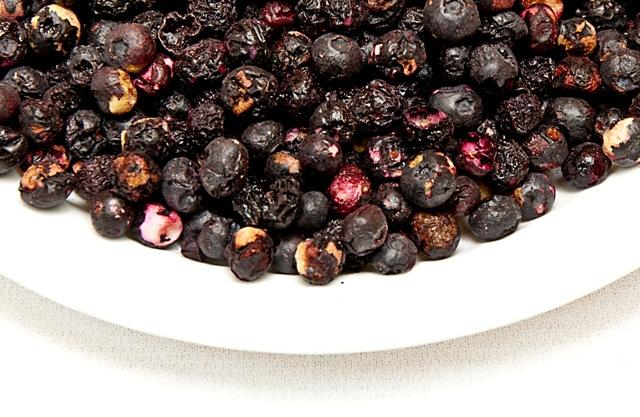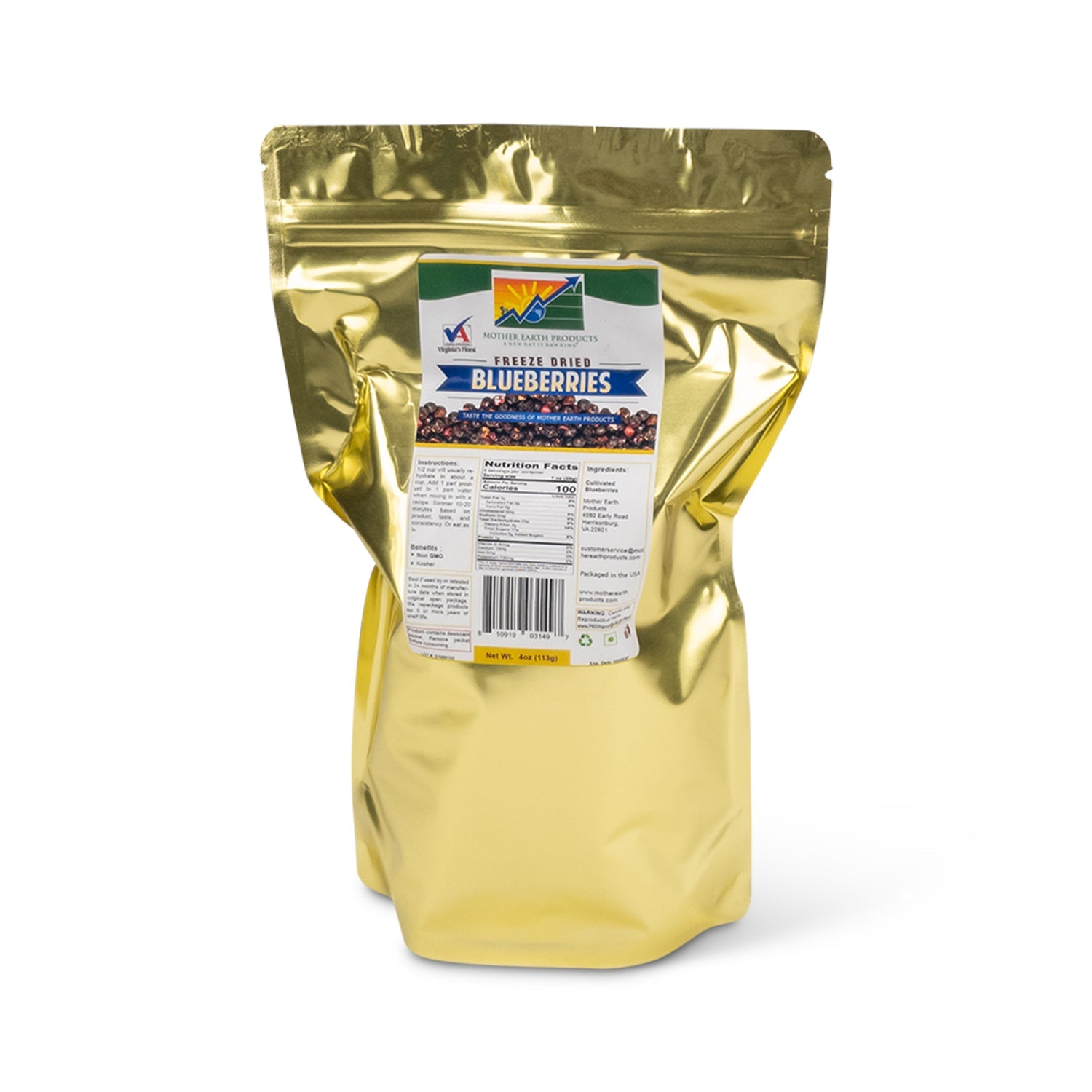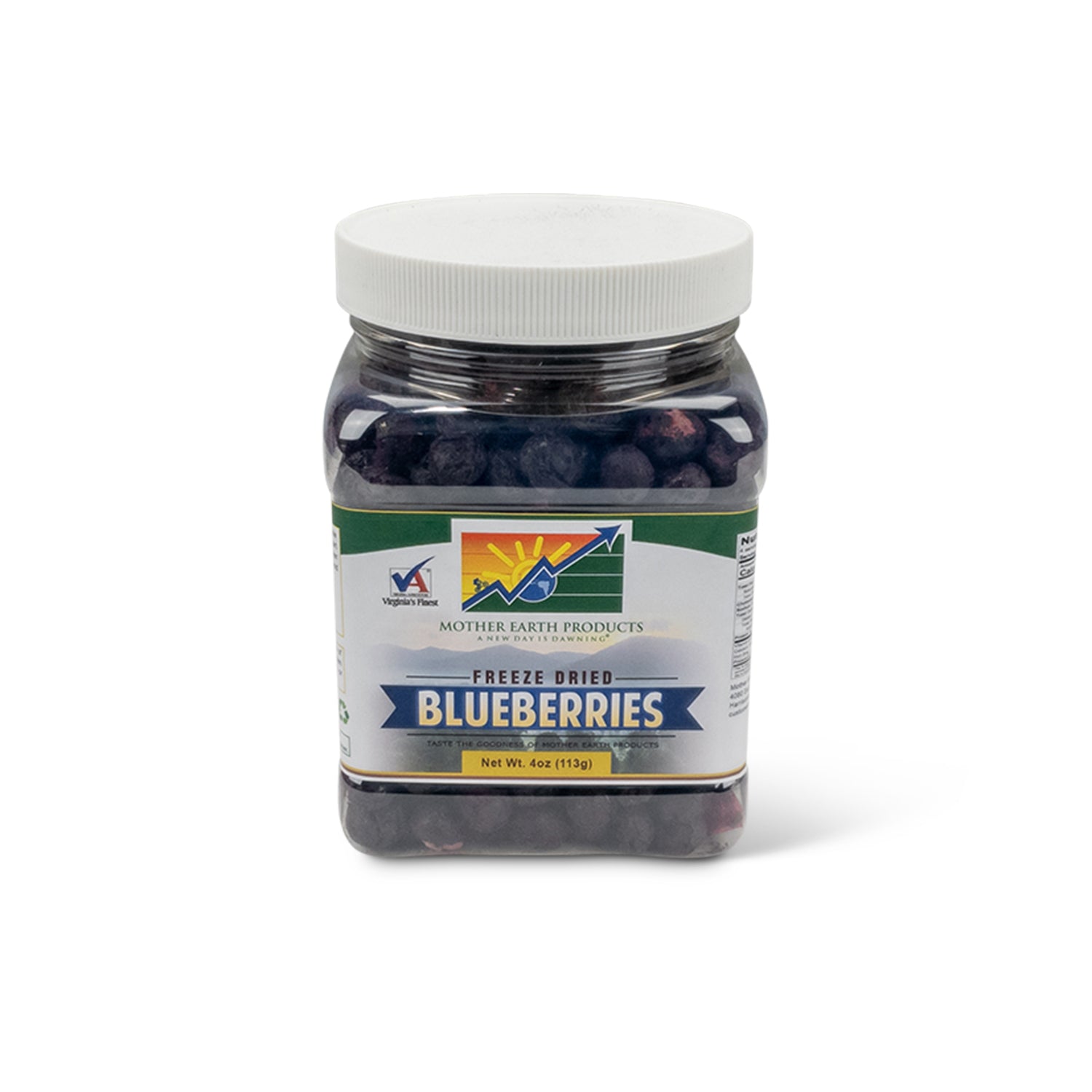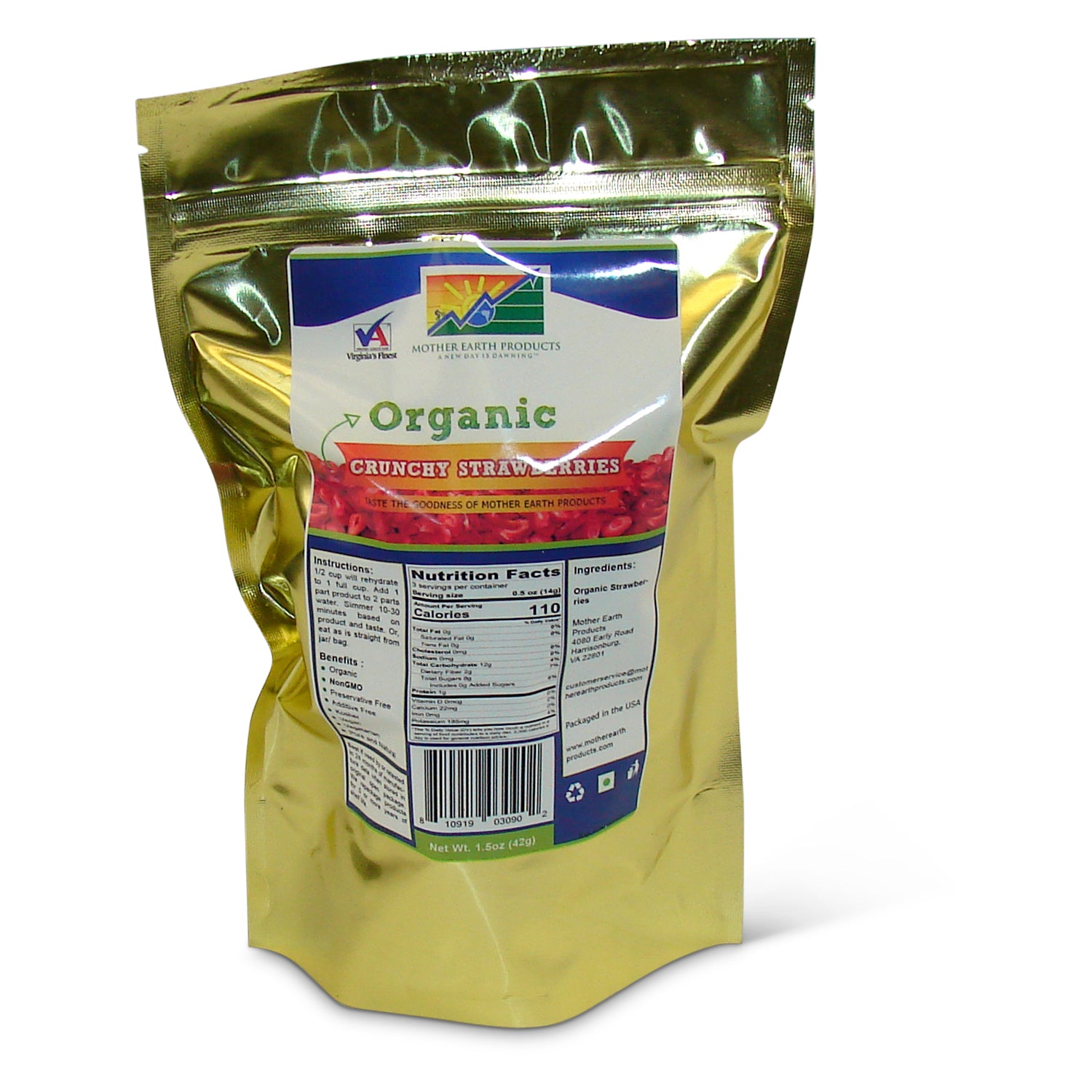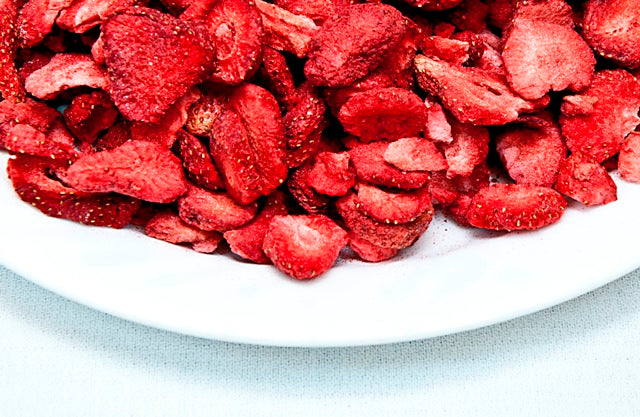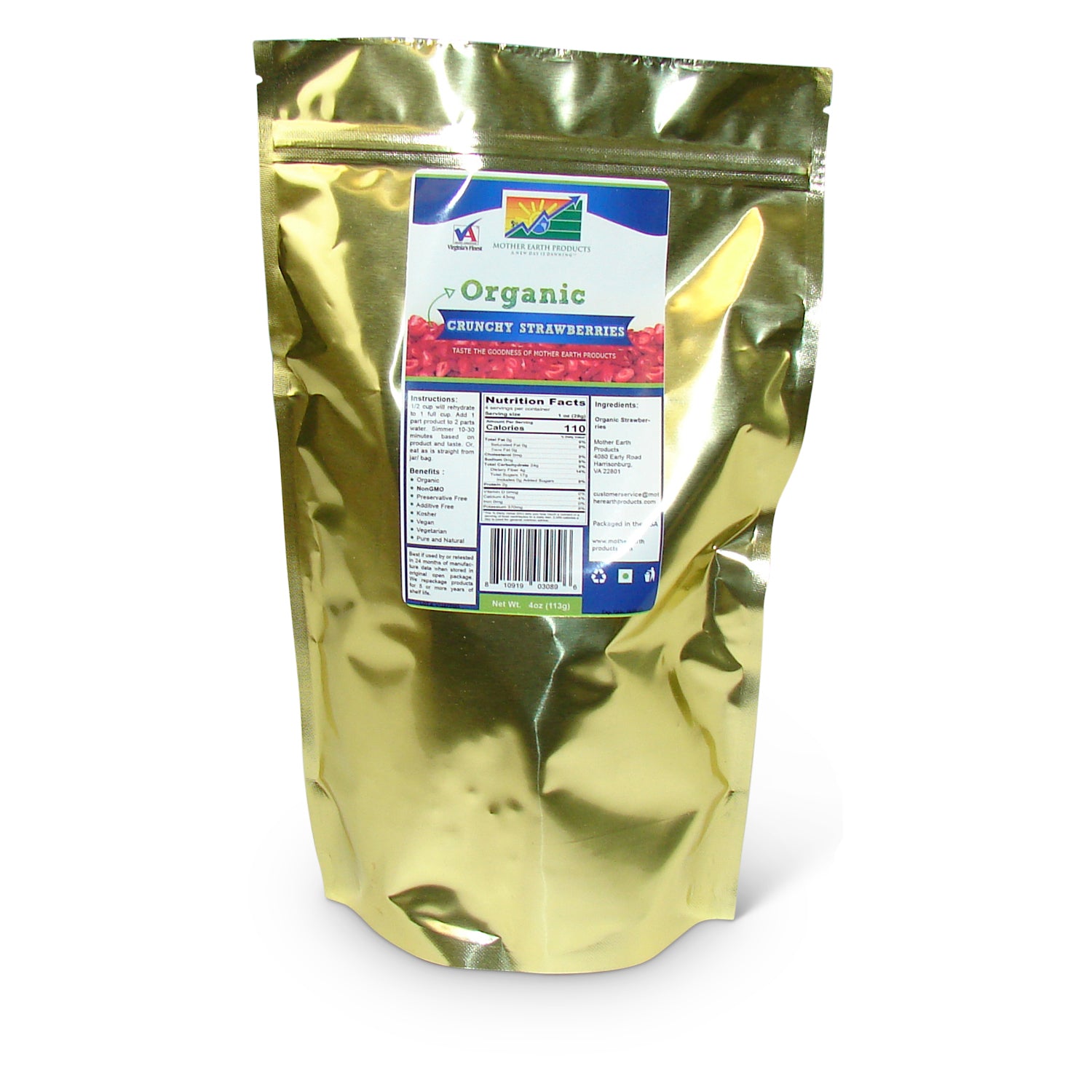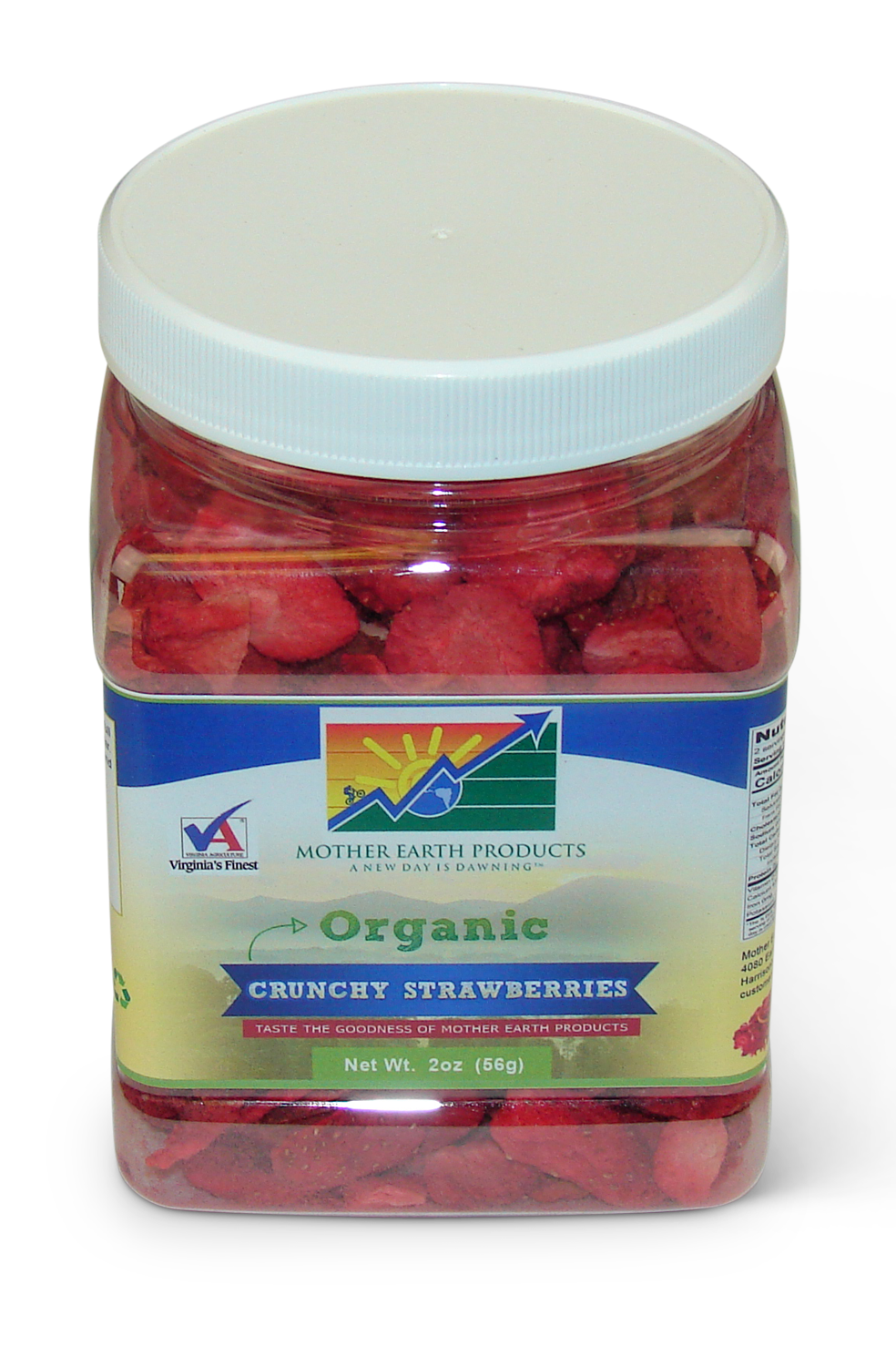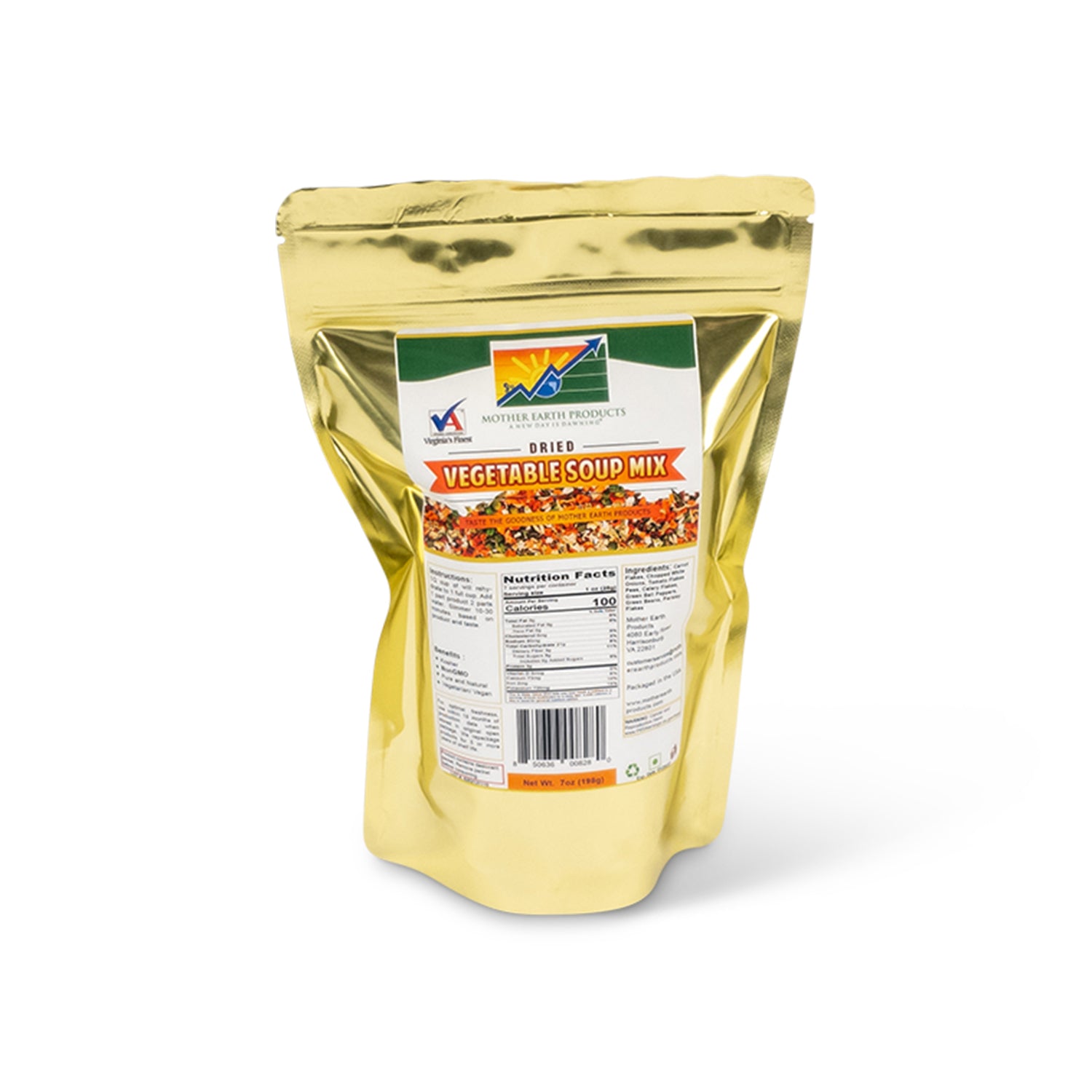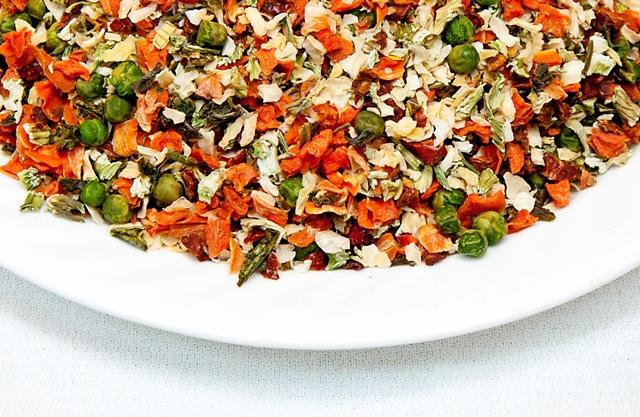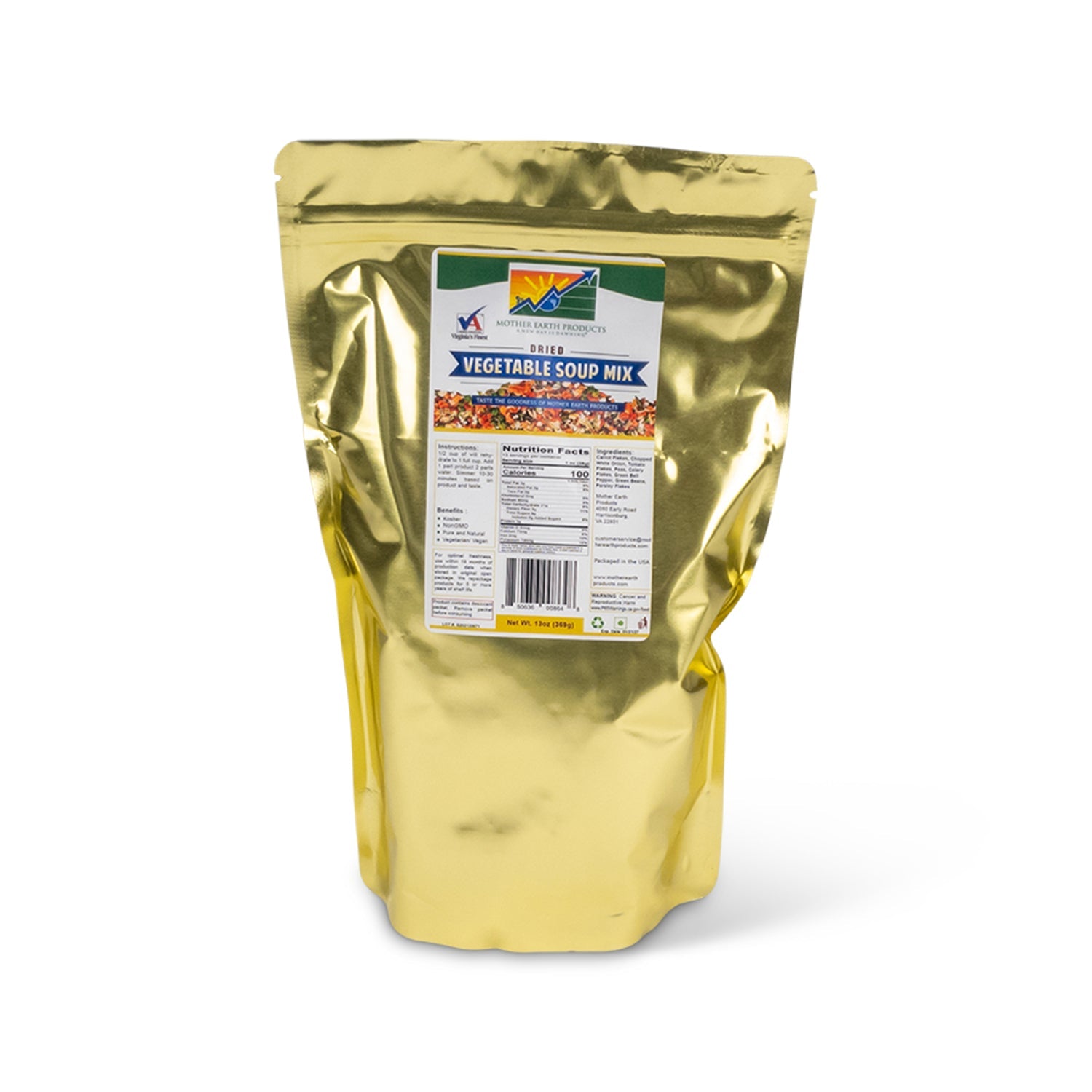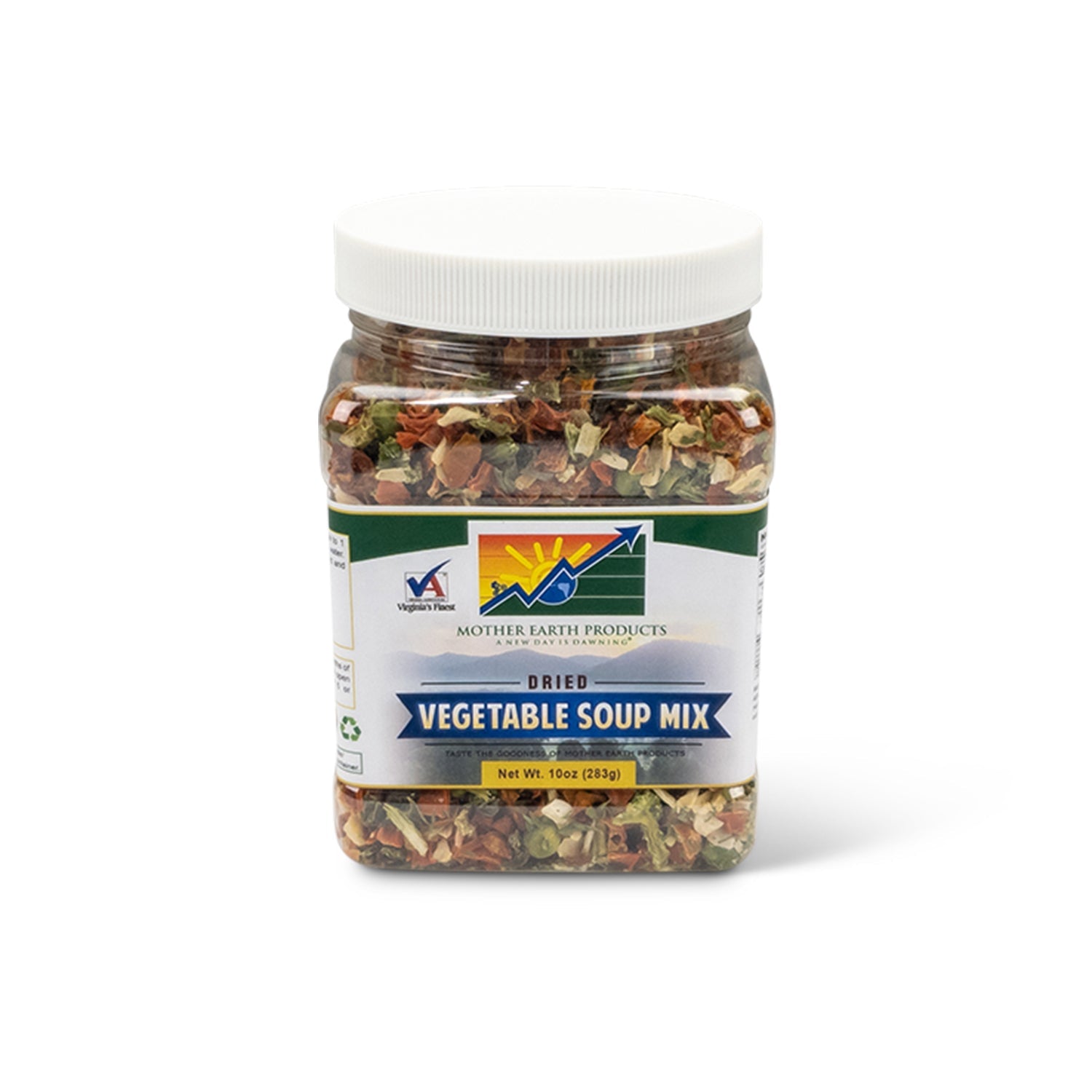The Power of Organic Onions: Flavor, Nutrition, and Sustainability
Organic onions are more than just a staple in the kitchen—they're a powerhouse of flavor, nutrition, and sustainability. With their distinct taste and aroma, organic onions can elevate any dish, from salads to soups and stir-fries. Packed with vitamins, minerals, and antioxidants, organic onions support immune health, reduce inflammation, and provide anti-cancer benefits.
By choosing organic onions, you're ensuring your meals are free from harmful pesticides and chemicals, promoting a healthier lifestyle. Whether sautéed, caramelized, or eaten raw, organic onions bring a burst of freshness to your culinary creations. Let’s explore why incorporating organic onions into your diet is a smart choice for both your health and the environment.
Health Benefits of Organic Onions
Rich in Antioxidants
Organic onions are loaded with antioxidants, particularly quercetin, which combat oxidative stress. These compounds help reduce inflammation, support heart health, and boost overall well-being. Learn more about antioxidants here.
Supports Immune System
Packed with immune-boosting nutrients like vitamin C, organic onions help strengthen your body’s defense mechanisms, keeping common illnesses at bay.
Potential Cancer-Fighting Properties
Studies suggest that the organosulfur compounds in organic onions may help inhibit the growth of cancer cells, particularly in the digestive tract. Regular consumption could reduce the risk of certain types of cancer.
Promotes Digestive Health
The dietary fiber in organic onions supports digestive health by regulating bowel movements and promoting a healthy gut. Prebiotics found in onions also nourish beneficial gut bacteria, enhancing nutrient absorption.
Heart Health Benefits
The sulfur compounds in organic onions may help lower cholesterol and blood pressure, reducing the risk of cardiovascular disease. Incorporating them into your diet can contribute to better heart health.
Anti-Inflammatory Properties
Onions' natural anti-inflammatory effects can help alleviate symptoms of inflammatory conditions like arthritis, improving joint health and mobility.
Supports Respiratory Health
Organic onions have traditionally been used to alleviate respiratory conditions. The sulfur compounds act as natural expectorants, helping to loosen mucus and reduce respiratory congestion.
Promotes Healthy Skin
The antioxidants in organic onions not only benefit your internal health but also contribute to radiant skin by reducing oxidative damage and signs of aging.
How to Incorporate Organic Onions into Your Diet
Organic onions can easily enhance the flavor of many dishes. Here are some delicious ways to use them:
-
French Onion Soup: This classic recipe highlights the sweet, savory flavors of caramelized organic onions. Find the recipe here.
-
Caramelized Onion Tart: A flaky pastry topped with slow-cooked organic onions makes for an irresistible appetizer or light meal.
-
Onion Jam: Sweet and tangy, onion jam is a versatile condiment perfect for pairing with cheeses or meats. [Learn how to make onion jam].
-
Grilled Onion Skewers: Thread organic onions onto skewers and grill for a smoky, savory side dish.
-
Onion and Mushroom Risotto: A comforting dish where organic onions enhance the earthy flavors of mushrooms and creamy rice.
Tips for Selecting and Storing Organic Onions
To get the best quality organic onions for your meals, follow these tips:
-
Firmness: Choose onions that are firm and free from soft spots.
-
Check for Mold or Sprouting: Avoid onions showing signs of sprouting or mold, as this indicates they are no longer fresh.
-
Storage: Store onions in a cool, well-ventilated area, away from direct sunlight, to extend their shelf life.
-
Freezing: Chop and freeze extra organic onions for future use in soups or stews. How to freeze onions.
Sustainability and Organic Farming Benefits
Choosing organic onions isn't just good for your health—it also supports sustainable agriculture and environmental stewardship. Organic farming practices reduce the use of synthetic pesticides and chemicals, improving soil health and conserving water. Here's how organic farming positively impacts the environment:
1. Reduced Chemical Usage
Organic onions are grown using natural fertilizers and pest control methods, minimizing harmful chemical exposure for both consumers and the environment.
2. Soil Health Improvement
Organic farming promotes healthy soil by encouraging biodiversity and reducing erosion. This supports long-term agricultural sustainability. Learn about sustainable farming.
3. Water Conservation
By avoiding synthetic chemicals, organic farming reduces water pollution and helps conserve this precious resource.
4. Climate Resilience
Organic farming helps sequester carbon in the soil, mitigating climate change and helping crops become more resilient to extreme weather.
5. Support for Pollinators
Organic onion farms provide habitats for pollinators like bees, which are crucial for maintaining biodiversity and healthy ecosystems. Support pollinator-friendly practices.
Conclusion: Elevate Your Cooking and Health with Organic Onions
Incorporating organic onions into your cooking not only enhances the flavor of your dishes but also provides numerous health benefits. Whether you're sautéing them as a base for soups or caramelizing them for a sweet and savory touch, organic onions are a versatile and nutritious addition to any meal. Plus, by choosing organic, you’re supporting sustainable farming practices that benefit both the environment and your health.
So next time you're at the store, consider reaching for organic onions to elevate both the taste and nutritional value of your meals. [Find organic onions near you].


